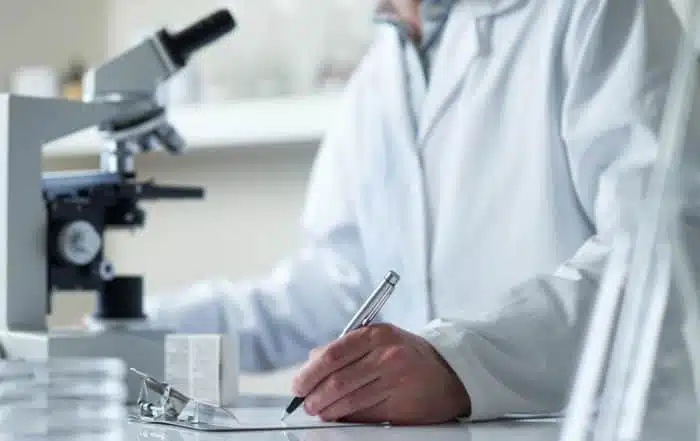Free webinar at 1 p.m. Eastern time (US), Wednesday, January 14, 2026
Tune in to hear Vicki Kobliner, MS, RDN, discuss current nutrition research and how to improve the health of neurodivergent kids.
Nutrition Research Updates: Five Underappreciated Nutrients that Neurodivergent Kids May Be Missing
About the speaker:

Vicki Kobliner, MS, RD, is a Registered Dietitian and owner of Holcare Nutrition (www.holcarenutrition.com). She practices a functional nutrition approach to help the body heal itself and has extensive experience using various diet modalities to help children with autism and related disorders. Vicki works with infants, children, and adults with chronic illnesses, digestive disorders, food allergies, ADHD, and autism, and provides fertility and prenatal nutrition counseling. She is a contributing author to “A Compromised Generation: The Epidemic of Chronic Illness in America’s Children.”
Nutrition Research Updates: Five Underappreciated Nutrients that Neurodivergent Kids May Be Missing
Free webinar at 1 p.m. Eastern time (US), Wednesday, January 14, 2026 Tune in to hear Vicki Kobliner, MS, RDN, discuss current nutrition research and how to improve the health of neurodivergent kids.
Animal Models of Autism Spectrum Disorder: Foundations for Translational Therapeutic Research
SPECIAL TIME – Free webinar at 11:30 a.m. Eastern time (US), October 29, 2025 Tune in to hear Adrien Eshraghi, MD, MSc, FACS, a 2022 ARI grant recipient, discuss the ongoing translational research in
Management of Otolaryngology Co-Morbidities Associated with Autism
SPECIAL TIME – Free webinar at 11:30 a.m. Eastern time (US), October 1, 2025 Tune in to hear Adrien Eshraghi, MD, MSc, FACS, a 2022 ARI grant recipient, discuss the management of otolaryngology
Autism Psychopharmacology
Free webinar at 1 p.m. Eastern time (US), Wednesday, September 24, 2025 About the speaker: M. Pilar Trelles, MD, is a licensed and certified child and adolescent psychiatrist.
Auditory Sensitivities in Autism
Free webinar at 1 p.m. Eastern time (US), Wednesday, September 17, 2025 Adam Naples, PhD, a 2022 ARI research grant recipient, will share research updates on auditory sensitivities in autism.
Assessing and Treating Severe Behaviors
New Date – Free webinar at 1 p.m. Eastern time (US), Wednesday, September 10, 2025 Learn about the process of getting a behavior assessment from start to finish, plus updates on current research
The post Nutrition Research Updates: Five Underappreciated Nutrients that Neurodivergent Kids May Be Missing appeared first on Autism Research Institute.
More can be found here: Read More






